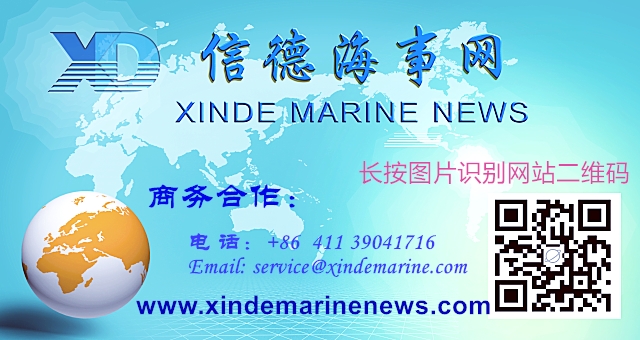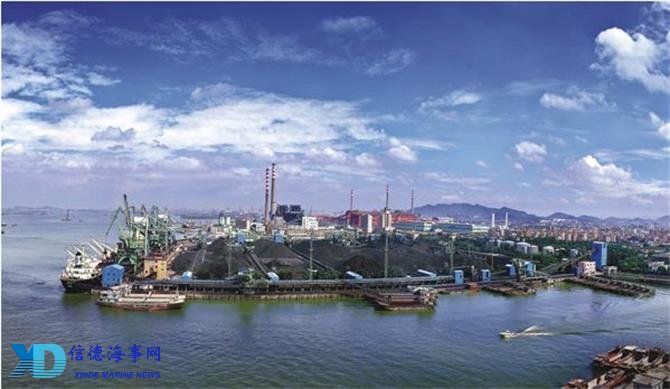China's Fujian, Guangdong ports restrict import coal arrivals
Many ports in southeastern China's Fujian and Guangdong provinces have restricted arrival of imported coal recently, further weighing on China's seaborne import market, traders said.
"Lots of ports are no longer able to discharge import coal, and well-stocked utilities seldom make inquiries for overseas cargoes," said a Beijing-based trader.
The curb, however, may boost demand for China's domestic thermal coal, he noted.
It was learned from coastal power plants that there were signs of increased power consumption in recent days, which may lead to a rise of coal burns in the coming week, said the trader.
Australian 5,500 Kcal/kg NAR coal was offered at $78/t FOB, compared with utilities' bids of $76/t FOB, he added.
"Import volumes will be relatively large in October and November before declining in December," said a Shanghai-based trader. "I heard only Fujian ports would not take in imports in November."
Chinese utilities are very likely to mainly consume previously imported coal in December before new import quotas allocated for January 2018, which, however, may pull Indonesian coal prices down to lower level.
Indonesian 3,800 Kcal/kg NAR coal was offered at $45/t FOB on Supramax basis, compared with bids of $44/t FOB, he said.
"Indonesian coal prices have not declined yet, though China's domestic prices are on the decrease and utilities are generally bearish," said a second Shanghai-based trader.
The import curb didn't impact power companies in Shanghai, so there was no notable drop in coal imports there, he noted.
"We planned to bring Indonesian 3,800 Kcal/kg NAR coal cargoes to Guangdong in mid-November, but now have to find other ports for unloading after being told by customs authorities," said a Guangdong-based trader.
He noted increasing difficulties in doing import coal trades in the future, and said he could only wait and see how the market goes after February next year.
A Singapore-based trader, who also heard about import curbs at many ports in Guangxi, Fujian and Guangdong, said it would be a heavy blow to coal import business.
"Few deals were clinched recently given utilities' pessimistic outlook," he said, adding Indonesian 3,800 Kcal/kg and 4,700 Kcal/kg NAR coals were offered at $45.5/t and $65/t FOB, respectively.
It will be not very likely for import coal prices to bounce back in the near future, given the slack season in December and January, in addition to import restrictions, he noted.
The freight rates for Panamax and Supramax vessels from Indonesia to South China were $6/t and $5.5/t, while that for Capesize vessels from Australia to South China was $11/t.
On November 6, the Fenwei CCI Import 5500 Index was assessed at $88.5/t, CFR southern China ports, stable from a day ago and $1.5/t from a week ago.
On the same day, the 4,700 Kcal/kg NAR imports was assessed at $72.3/t, CFR southern China ports, down $0.2/t from the day prior and $1.4/t from week prior; imported 3,800 Kcal/kg NAR coal was assessed at $52/t, down $0.8/t day on day and $1.8/t week on week.
投稿或联系信德海事:
admin@xindemarine.com




